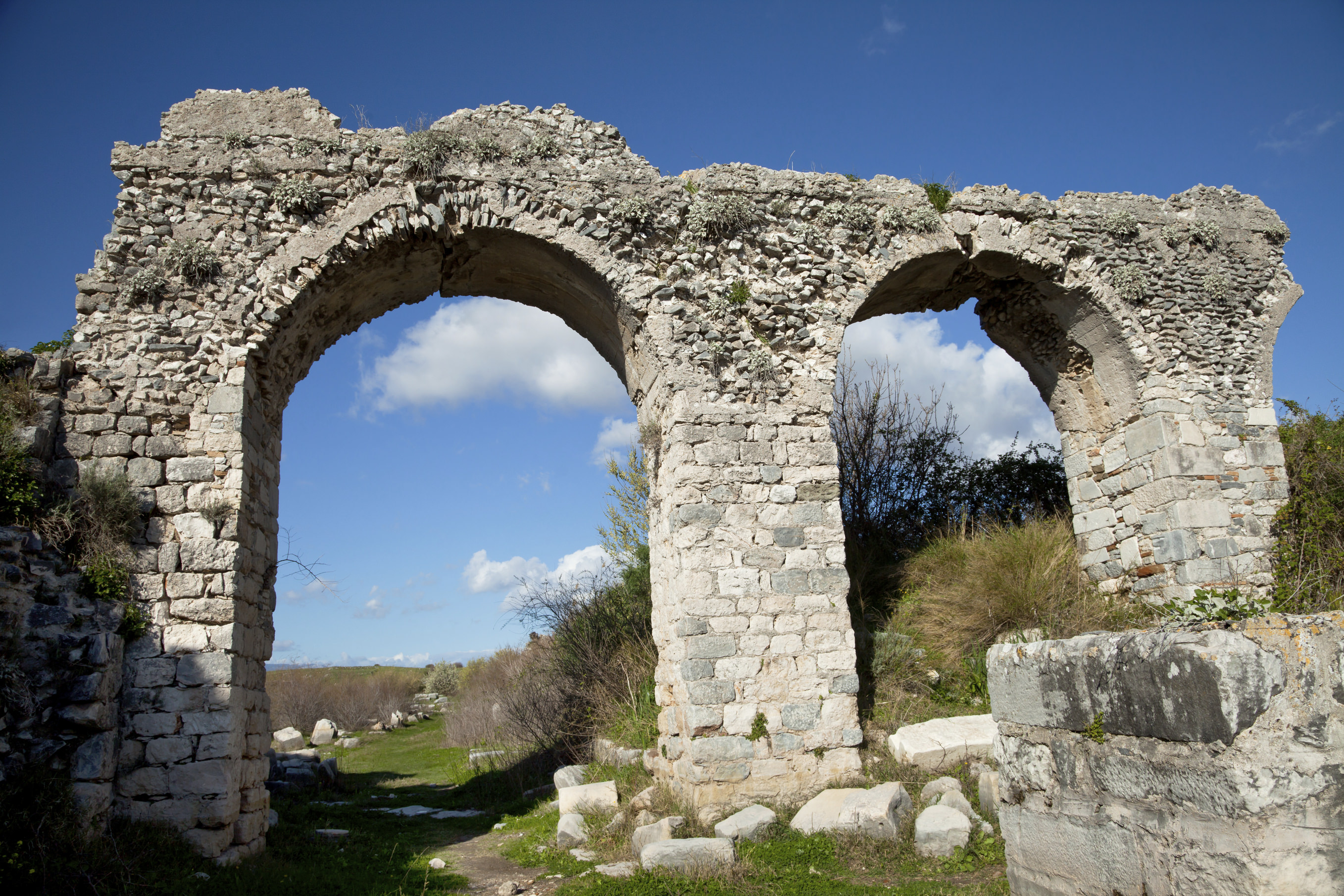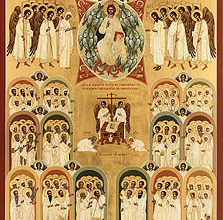Thales of Miletus – The Father of Science
Comments Off on Thales of Miletus – The Father of Science
 Although Thales of Miletus was actually an Ancient Greek philosopher, he is also considered to be the Father of Science. Classified as a pre-Socratic philosopher, his work was considered to be influential not only to his contemporaries, but also to those who came after him. In fact, many believe that it was because of his school of thought that the discipline of science emerged. Here’s more information about who he was and also about his works:
Although Thales of Miletus was actually an Ancient Greek philosopher, he is also considered to be the Father of Science. Classified as a pre-Socratic philosopher, his work was considered to be influential not only to his contemporaries, but also to those who came after him. In fact, many believe that it was because of his school of thought that the discipline of science emerged. Here’s more information about who he was and also about his works:
Birth and Death
Born in Miletus, which at the time was in Asia Minor, an Ancient Greek colony, Thales is said to have been of Phoenician origin. Although not much is known about his parent’s exact origin, it is said that they perhaps came from Phoenicia and then emigrated to Asia Minor before Thales was born, which is said to be around 625 B.C, according to the historian, Apollodorus of Athens. He is said to have lived until sometime between 548 and 545 B.C., when he died somewhere in his upper 70’s. Some sources say that he died at the 58th Olympiad after suffering from heat stroke while watching the games. The exact details of his life aren’t well known and what we do know has been pieced together from references contained within the works of other philosophers.
Father of Science
To classify Ancient Greek philosophers, we tend to determine if they were alive before or after Socrates. In Thales’ case, he was alive before Socrates was even born, so he is in the “Pre-Socratic” category. Pre-Socratics such as Thales were considered to have an influence on the philosophers who came after him, but he was also unique in another important way – was known to have rejected the religion of the time, which focused on the god and goddesses of Ancient Greek mythology.
Instead of believing that the world was ruled by the gods and goddesses, which were often irrational, he understood that it was both rational and orderly. He also believed that nature had established, predictable laws, and he was intrigued with the idea that he could uncover them. His process was to piece together what this sense of “order” in nature actually was, and then to do his best to prove it right or wrong by usig investigative tactics. Even today, this mentality still forms of the basis of scientific thought,
His Most Famous Theory
His most famous theory is that he believed that almost everything was made of water. This formed the basis of most of his beliefs. Thales based his theory on observations that he made concerning the way water behaves in nature. For instance, streams flow into rivers, and then rivers flow into the sea. He envisioned that life “flowed” in the same way, which was part of his thinking when developing his theory. He also observed that living things required water in order to live.
Although most parts of his theory have been disproven, it does show how observant he was and how innovative his methods were at the time. He is considered the Father of Science largely because of his methods for thinking about the world around him.
Source:
Categorized in: Ancient Greek History
This post was written by Greek Boston





